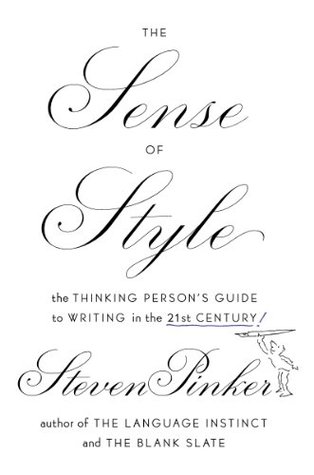In English, a past-tense form is typically used to refer to past time, but it can also be used with a second meaning, factual remoteness. That’s the meaning it’s expressing in the if-clause. Consider the sentence If you left tomorrow, you’d save a lot of money. The verb left couldn’t possibly refer to an event in the past: the sentence says “tomorrow.” But the past-tense form is fine, because it refers to a hypothetical (factually remote) event.
Welcome back. Just a moment while we sign you in to your Goodreads account.


